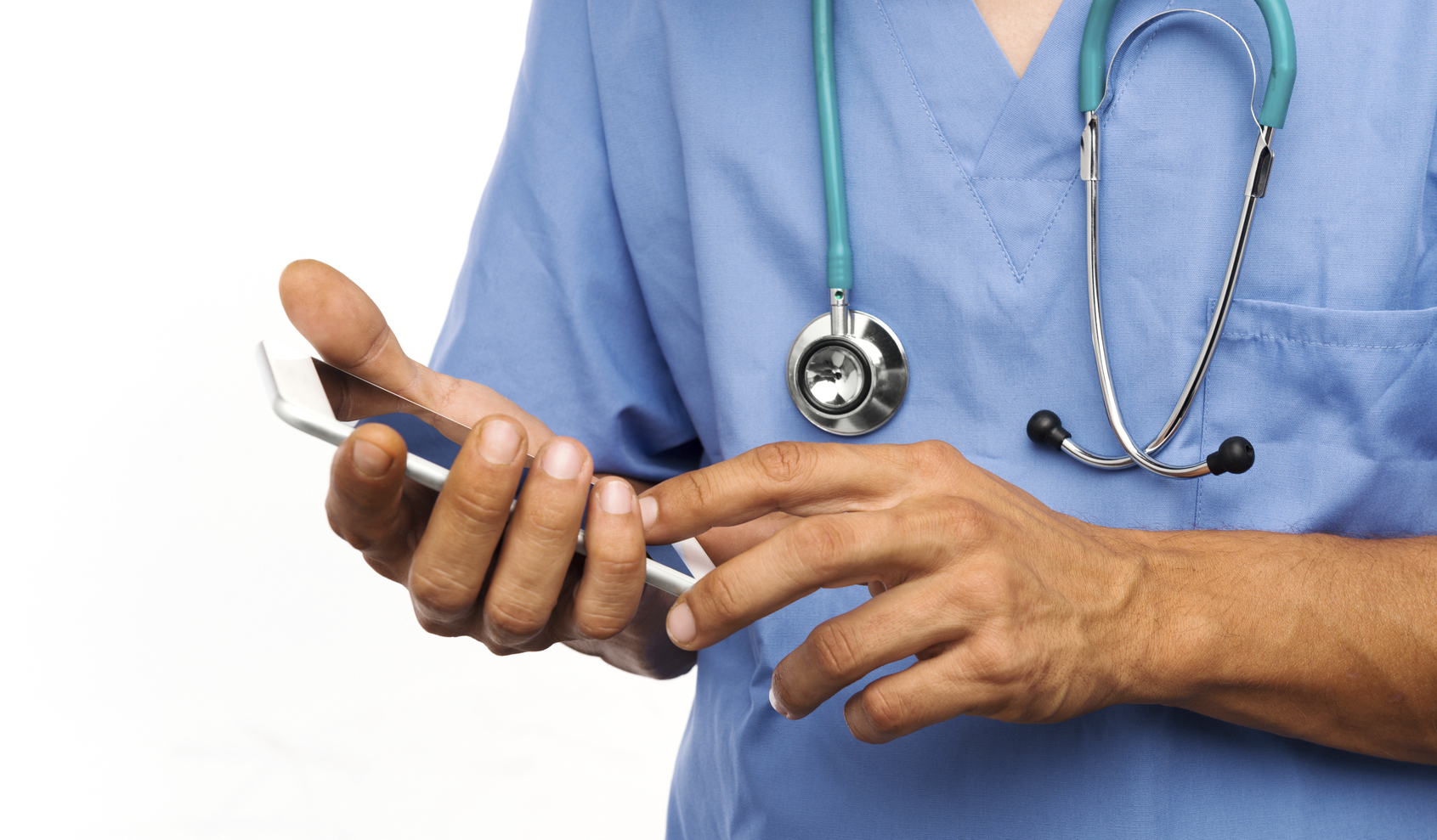
Earlier detection has been a primary goal for providers battling COVID-19, and a collaboration between the West Virginia Rockefeller Neuroscience Institute (RNI) and WVU Medicine, along with Oura Health, have announced a new AI-enabled platform that, in a study, has detected COVID-19 symptoms, with 90 percent accuracy, nearly three days before they show up.
In addition to AI-guided models, the new digital platform uses the RNI app and the Oura Ring, to predict virus symptoms such as fever, coughing, breathing difficulties, fatigue, among others.
“The holistic and integrated neuroscience platform developed by the RNI continuously monitors the human operating system, which allows for the accurate prediction of the onset of viral infection symptoms associated with COVID-19,” Ali Rezai, MD, executive chair of the WVU Rockefeller Neuroscience Institute, said in a press release.
“We feel this platform will be integral to protecting our healthcare workers, first responders, and communities as we adjust to life in the COVID-19 era.”
One of the top challenges of COVID-19 is that individuals who are asymptomatic spread the virus without knowing it, but WVU believes the tool will allow experts to make critical decisions as they work to contain the spread of the virus, re-open communities and facilitate public health containment strategies.
“We are hopeful that Oura’s technology will advance how people identify and understand our body’s most nuanced physiological signals and warning signs, as they relate to infectious diseases like COVID-19,” said Harpreet Rai, CEO of Oura Health.
Patients are monitored holistically, as the platform integrates physiologic measures with psychological, cognitive, and behavioral biometrics. Individuals can track stress, anxiety, memory and other functions through the RNI’s mobile app, while other physiological data, including body temperature, heart rate, variability, resting heart rate, respiratory rate, sleep, activity patterns, and “readiness” is monitored through the Oura Ring.
According to WVU, the first phase of the study is currently deployed in more than 600 healthcare professional and first responders. Additional initiative partners include Thomas Jefferson University in Philadelphia, Vanderbilt University in Nashville, and other institutions across West Virginia, New York City, and California. A total of nearly 10,000 participants are expected to join the effort.


